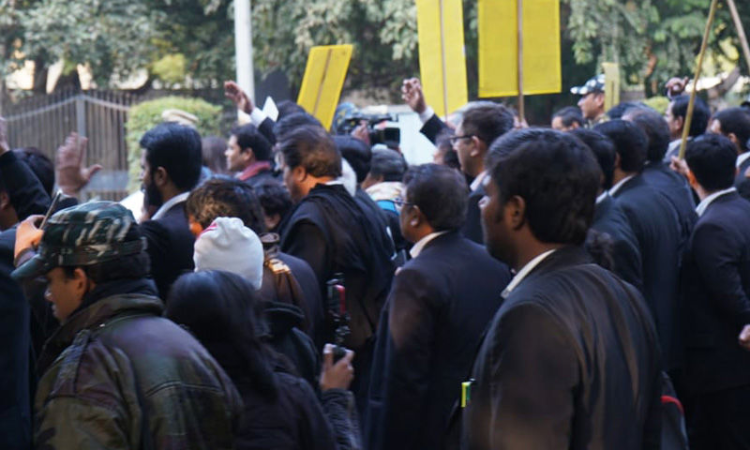Supreme Court Asks Bar Council Of India To Suspend Licenses Of Advocates In Odisha For Court Boycott & Act Against Office Bearers Of Bar Associations
Awstika Das
28 Nov 2022 3:49 PM IST

"100% Work Has to Resume, No Other Option," SC Urges BCI to Suspend the Licenses Agitating Lawyers in Odisha and Take Action Against District Bar Associations
Next Story


